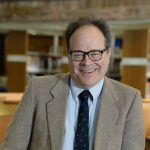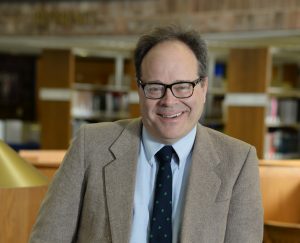Father Ian Boyd, C.S.B., great Chestertonian and Saskatchewan patriot, will speak on “Chesterton and America” at 7:30 p.m., Wednesday, December 2, in the Chapel of the Good Shepherd at Seton Hall University. For information email theology@shu.edu . Highly recommended!
Hey All You in the Southside Johnny State
Father Ian Boyd, C.S.B., great Chestertonian and Saskatchewan patriot, will speak on "Chesterton and America" at 7:30 p.m., Wednesday, December 2, in the Chapel of the Good Shepherd at Seton Hall University.…




2 comments
Cecelia
Thanks for the information – hopeful I can get to this one – SHU is my alma mater!
Patrick J. Deneen
A.K.A., The Garden State. Before the gardens were replaced with developments named “Garden Grove,” “Fox Run,” and “Rolling Brook.” As JH Kunstler notes, developments are typically named for the things they destroy. Still, “Garden State” was its name before the developers, and may someday describe something real once again.
Apropos: “But there is another strong objection which I, one of the laziest of all the children of Adam, have against the Leisure State. Those who think it could be done argue that a vast machinery using electricity, water-power, petrol, and so on, might reduce the work imposed on each of us to a minimum. It might, but it would also reduce our control to a minimum. We should ourselves become parts of a machine, even if the machine only used those parts once a week. The machine would be our master, for the machine would produce our food, and most of us could have no notion of how it was really being produced.”
–G.K. Chesterton
And Happy Thanksgiving to all.
Comments are closed.